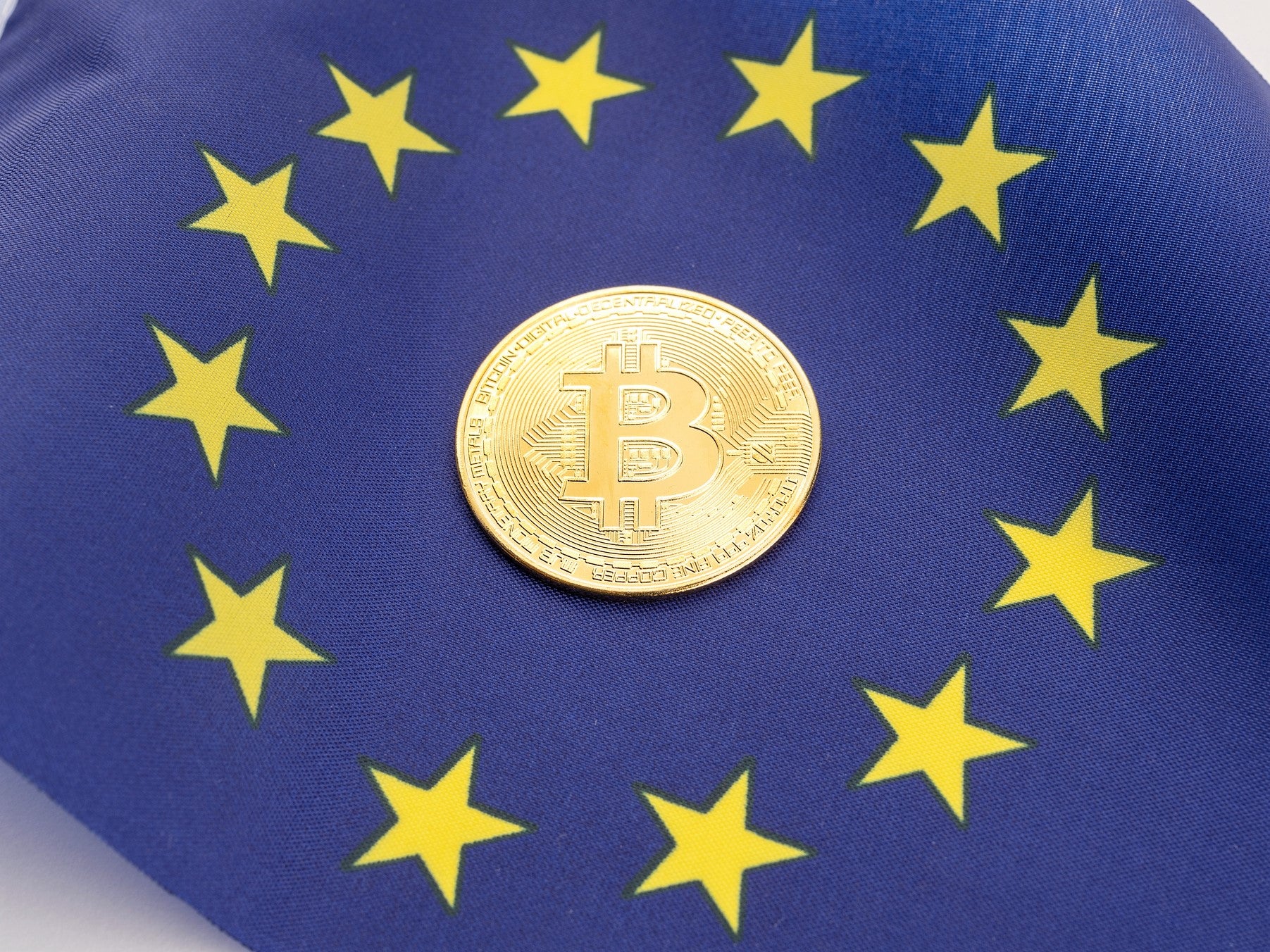EU vote on bitcoin mining ban could ‘completely destabilise’ cryptocurrency
Crypto industry figures describe proposed ban as ‘ extraordinarily concerning’

Your support helps us to tell the story
From reproductive rights to climate change to Big Tech, The Independent is on the ground when the story is developing. Whether it's investigating the financials of Elon Musk's pro-Trump PAC or producing our latest documentary, 'The A Word', which shines a light on the American women fighting for reproductive rights, we know how important it is to parse out the facts from the messaging.
At such a critical moment in US history, we need reporters on the ground. Your donation allows us to keep sending journalists to speak to both sides of the story.
The Independent is trusted by Americans across the entire political spectrum. And unlike many other quality news outlets, we choose not to lock Americans out of our reporting and analysis with paywalls. We believe quality journalism should be available to everyone, paid for by those who can afford it.
Your support makes all the difference.European Union parliamentarians will vote on whether to ban bitcoin mining on Monday amid concerns about its environmental impact.
The draft framework could outlaw cryptocurrencies that rely on an energy-intensive process known as proof-of-work, whereby computers perform complex mathematical puzzles in order to generate new units of the digital asset.
Bitcoin is among several leading cryptocurrencies that uses proof-of-work technology, though Ethereum (ETH) plans to switch to a system known as proof-of-stake that requires far less energy.
The decision of whether to ban proof-of-work will be made by members of the EU’s economic and monetary affairs committee, who will vote on the propose Markets in Crypto Assets (MiCA) framework.
If adopted, new rules would require bitcoin and other cryptocurrencies to phase out proof-of-work and switch to methods like proof-of-stake.
Bitcoin advocates have described the proposed proof-of-work technology ban as “peak stupidity”, claiming that it amounted to essentially banning mathematics.
Others warned that the ban could potentially lead to major price volatility for the cryptocurrency, with popular market commentator Crypto Whale claiming it will “completely destabilise the bitcoin network”.
Jeremy Allaire, founder of crypto payments platform Circle Pay, described the vote as “extremely high stakes”, and doubted that any such ban could actually be implemented.
“That such a proposal made it this far is extraordinarily concerning and unlikely to stand up to practical reality,” he tweeted over the weekend.
Last week, US President Joe Biden signed an executive order to ensure “responsible development” of cryptocurrencies like bitcoin, prompting a market-wide rally.
The order also called for research and development into the design and deployment of a US Central Bank Digital Currency (CBDC), which could ultimately bitcoin’s dominance as the world’s leading digital currency.
Jake Chervinsky, a crypto-focussed lawyer who serves as the head of policy for the Blockchain Association, warned that any potential ban on bitcoin mining in Europe would be far more damaging to the crypto industry than President Biden’s executive order.
“The MiCA situation is worse for crypto than anything in the USA,” he said on Sunday.
“Tomorrow, the European Parliament votes on ‘environmental sustainability standards’ that look like a pretext for a bitcoin ban. If it passes, it can be undone in the next phase of the EU process, but it’s very bad.”

Join our commenting forum
Join thought-provoking conversations, follow other Independent readers and see their replies
Comments